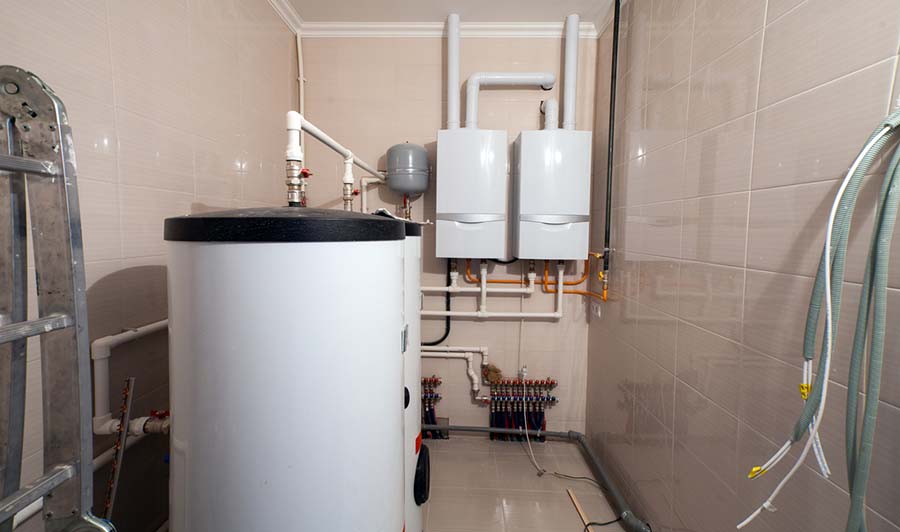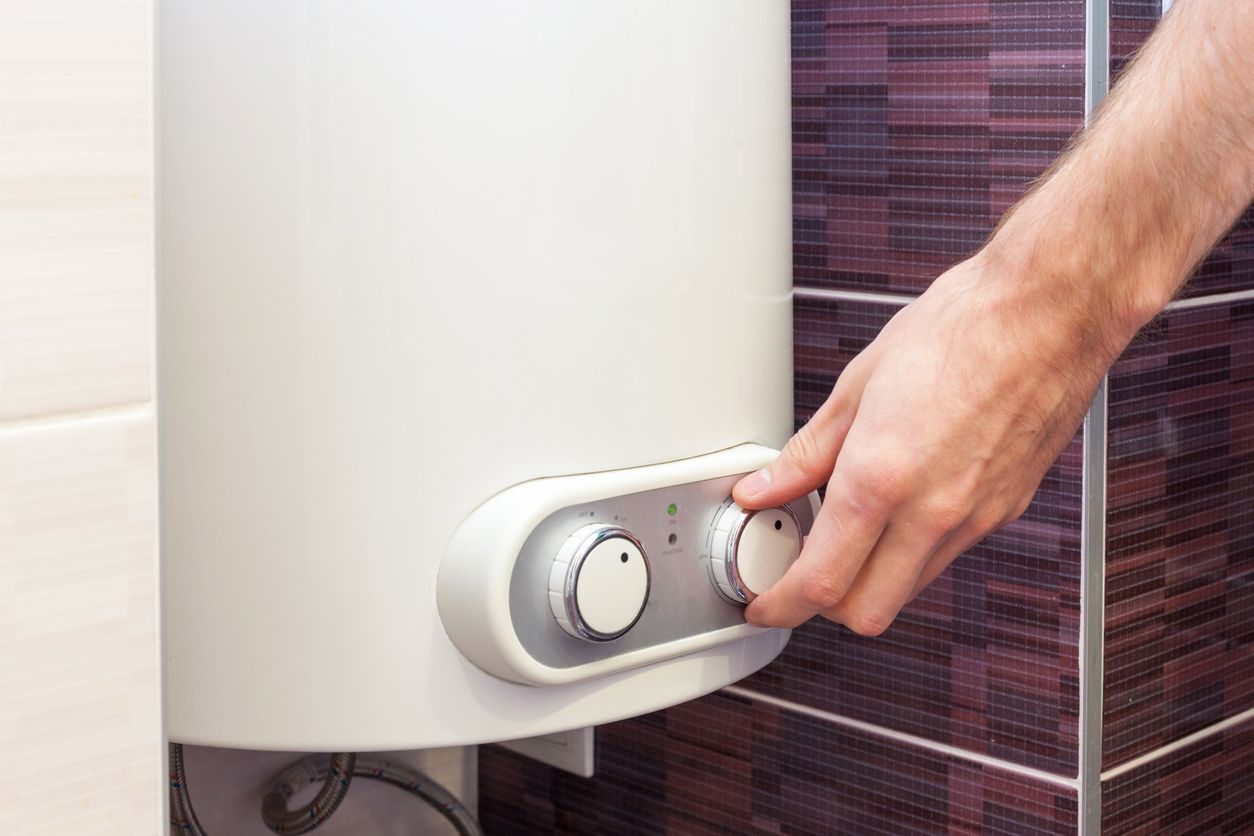Listed here in the next paragraph you might get lots of superb ideas around Warning Signs You Need Water Heater Repairs.

A water heater is among one of the most important fundamental appliances that can be discovered in a residence. With water heaters, you do not need to go through the anxiety of home heating water manually each time there is a demand to take a bath, do the laundry, or the recipes. There is always a possibility that your water heating system would act up as with most mechanical devices.
It is necessary to keep in mind any kind of little breakdown as well as tackle it swiftly prior to points leave hand. Most times, your water heater begins to malfunction when there is an accumulation of debris as a result of constant usage. As a precaution, periodic flushing of your hot water heater is recommended to stop sediment accumulation and also prevent useful failing.
Typical hot water heater emergency situations and how to handle them
Leaky hot water heater tank.
In this scenario, you must transform off your water heating system, permit it to cool down, and also very carefully look for the resource of the problem. At times, all you need to do is to tighten up a couple of screws or pipeline connections in instances of small leakages. If this does not function and the leak continues, you may need to employ the solutions of a professional for a suitable replacement.
Fluctuating water temperature.
Your water heater could begin creating water of different temperature levels normally ice cold or scalding hot. In this circumstance, the first thing you do is to guarantee that the temperature is set to the desired level. If after doing this, the water temperature level maintains transforming throughout showers or other tasks, you could have a defective thermostat. There may be a demand to replace either the thermostat or the home heating unit of your hot water heater.
Inadequate hot water
It might be that the water heating unit can't sustain the warm water demand for your apartment or condo. You might upgrade your water heater to one with a larger capability.
Blemished or smelly water
When this takes place, you require to recognize if the problem is from the water or the tank resource. If there is no funny odor when you run cold water, after that you are particular that it is your hot water heater that is malfunctioning. The stinky water can be caused by rust or the build-up of microorganisms or debris in the water heater tank. When you see this, you can try flushing out your container or replacing the anode if the issue lingers. The function of the anode is to clear out microorganisms from your tank. Because the anode rod replacement needs a detailed understanding of your water furnace, you will require the assistance of an expert.
Conclusion
Some property owners ignore little caution and minor faults in their hot water heater system. This just brings about more damages and also a possible complete break down of your appliance. You should deal with your hot water heater mistakes as soon as they come up to avoid more costs as well as unneeded emergency problems.
With water heaters, you do not need to go through the anxiety of home heating water manually every time there is a need to take a bathroom, do the washing, or the meals. Your water heating unit could begin producing water of different temperatures normally ice cool or scalding warm. It might be that the water heating system can't sustain the hot water need for your apartment or condo. If there is no funny scent when you run chilly water, then you are specific that it is your water heating unit that is defective. The smelly water can be triggered by corrosion or the build-up of microorganisms or sediments in the water heating unit container.
Water Heater Burst: Why This Happens And What To Do Next
Water Heater Explosion Warning Signs
Since storage water heaters are made of metal and store large volumes of heated water, they carry an increased risk of leaking or even exploding as they begin to rust at the fittings and seams over time. If the thermostat controlling the water temperature within the tank is faulty, or if mineral buildup inside the water heater prevents the thermostat from sensing the water’s temperature correctly, the water could become overheated. This will expand its volume within the tank, causing it to press at the tank’s fittings and seams. If these fittings and seams are rusted or corroded, the pressure could result in a leak or even an explosion.
Here are some risk factors and warning signs of an increased risk of water heater leak or explosion:
Your water heater is more than 10 years old. Your water heater makes clanking, banging or rumbling noises as it heats up, indicating that sediment has built up and hardened inside the tank. There is visible rust on the outside of the water heater, especially located at the pipe fittings or the seams that run down the tank. There is rusty water coming from your water heater, indicating that there may be rust building up inside. Your water heater is leaking, which could indicate either a crack somewhere in the tank or a malfunctioning temperature-and-pressure (T&P) relief valve. What To Do When Water Heater Leaks
If you find water dripping or seeping out of your water heater, or pooling around it, it means your water heater is leaking. If you find a leak, it may be best to call a plumbing professional to diagnose the problem and determine how best to handle it. If you choose to tackle it on your own, there are a few things you can do.
TURN OFF THE POWER
Next, shut off the power to the hot water tank at your home’s electrical breaker box. If you don’t shut off the power, the heating elements within the tank could continue to stay hot, which could pose a fire risk.
If you have a gas-powered water heater, you’ll also need to shut off the gas line leading into the tank.
FIND THE LEAK
Now it’s time to determine where the leak is coming from. Likely locations are the T&P valve, the drain valve or one of the pipes or fittings that feed into the top of the tank. If you see any rust or corrosion on the outside of your water heater’s tank, pipes or fittings, these could also be the source of the leak.
REPAIR THE LEAK
Once you determine the source of your water heater leak, you’ll have a better idea of what steps you need to take to fix the problem. It may be a simple fix—such as using a wrench to tighten fittings or replacing the T&P valve—but it may be something more complicated. You may even need to drain the tank, remove the water heater and install a new one.
https://www.abchomeandcommercial.com/blog/water-heater-burst/

I stumbled upon that blog post on Is Your Water Heater Leaking? while doing a lookup on the search engines. Are you aware of another person who is serious about the subject? Why not share it. Many thanks for your time. Please pay a visit to our website back soon.
Book A Free Estimate